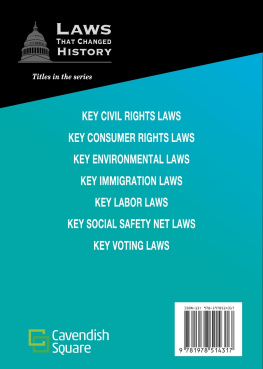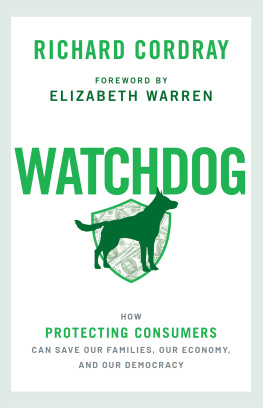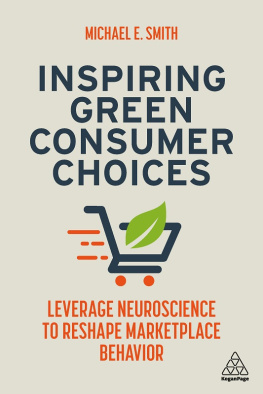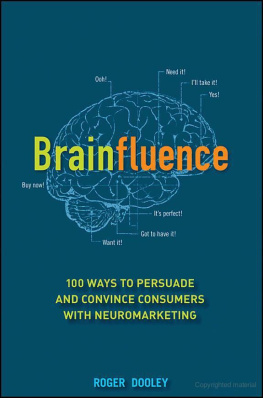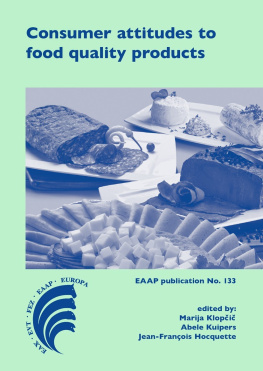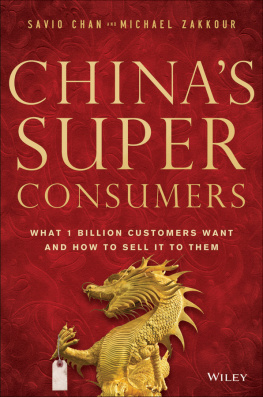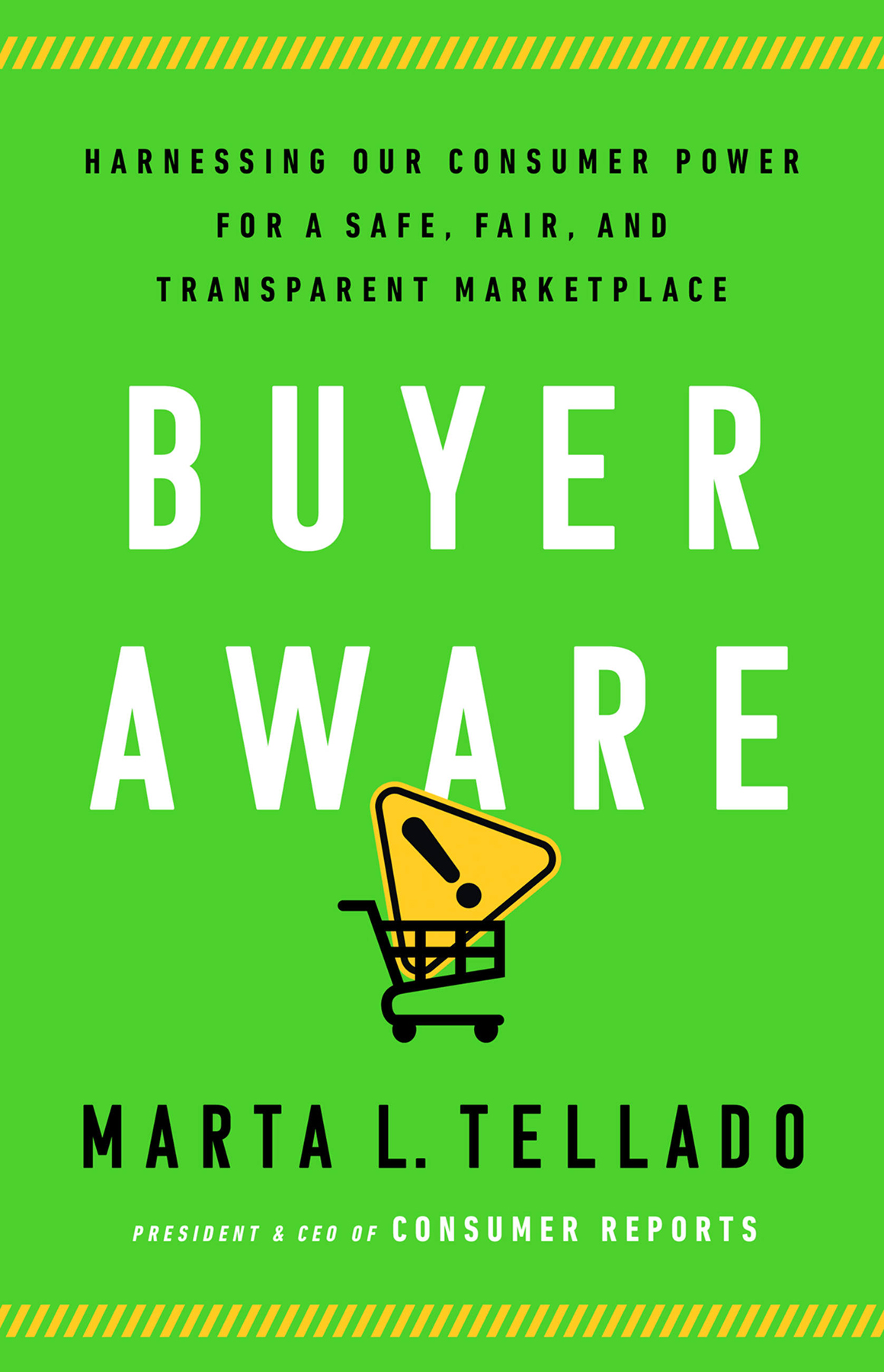
Copyright 2022 by Marta Tellado
Cover design by Pete Garceau
Cover copyright 2022 Hachette Book Group, Inc.
Hachette Book Group supports the right to free expression and the value of copyright. The purpose of copyright is to encourage writers and artists to produce the creative works that enrich our culture.
The scanning, uploading, and distribution of this book without permission is a theft of the authors intellectual property. If you would like permission to use material from the book (other than for review purposes), please contact permissions@hbgusa.com. Thank you for your support of the authors rights.
PublicAffairs
Hachette Book Group
1290 Avenue of the Americas, New York, NY 10104
www.publicaffairsbooks.com
@Public_Affairs
First Edition: September 2022
Published by PublicAffairs, an imprint of Perseus Books, LLC, a subsidiary of Hachette Book Group, Inc. The PublicAffairs name and logo is a trademark of the Hachette Book Group.
The Hachette Speakers Bureau provides a wide range of authors for speaking events. To find out more, go to www.hachettespeakersbureau.com or call (866) 376-6591.
The publisher is not responsible for websites (or their content) that are not owned by the publisher.
Library of Congress Cataloging-in-Publication Data
Names: Tellado, Marta Lourdes, author.
Title: Buyer aware: harnessing our consumer power for a safe, fair, and transparent marketplace / Marta L. Tellado.
Description: First edition. | New York, NY: PublicAffairs, [2022] | Includes bibliographical references and index.
Identifiers: LCCN 2022019171 | ISBN 9781541768574 (hardcover) | ISBN 9781541768567 (ebook)
Subjects: LCSH: Consumer protection. | Consumers.
Classification: LCC HC79.C63 T45 2022 | DDC 381.3/4dc23/eng/20220617
LC record available at https://lccn.loc.gov/2022019171
ISBNs: 9781541768574 (hardcover), 9781541768567 (ebook)
E3-20220725-JV-NF-ORI
In her wide-ranging book, Marta Tellado empowers consumers by detailing how unregulated corporatism produces systemic racism. By further explaining what is technological discrimination against the minority, low-income consumers struggling for economic justice, Tellado deftly connects consumer rights with civil rights.
R ALPH N ADER , consumer activist, founder of Public Citizen, and author of Unsafe at Any Speed
With great clarity, passion, and a personal touch, Tellado convincingly argues that consumer issues are not just about dollars and centsthey implicate civil rights, freedom, and democracy itself. She offers a blueprint for an innovative, nimble, and empowered consumer-rights movement for the digital age. Buyer Aware is a must-read for any advocate seeking to make systemic and cultural change.
G IGI S OHN , cofounder, Public Knowledge
Tellado is both one of the most respected consumer voices in the country and a leader in the Latino community, and her new book Buyer Aware is both informative and incredibly timely. Its a much-needed guide to help consumers, including Latino and Latina consumers, take back control of their personal data, overcome todays predatory practices, and ensure a better economic future.
J ANET M URGUA , president and CEO, UnidosUS
To the incredible staff of Consumer Reports, whose dedication inspires me every day.
G ROWING UP, MY DREAM WAS TO BUILD A THINKING MACHINE , a computer that could think like people. I embraced the wide-open promise of computer technology as a way to right societys wrongs. No longer would the personal prejudices of flawed human beings fog decision-making and perpetuate bias. The pure science of numbers would open vast opportunities to people who had been shut out of political and economic systems simply because of who they were. Technology was to be the great equalizer.
As Marta Tellado reveals in the pages of this powerful book, the kind of level economic playing field that I and many other computer scientists dreamed of wont materialize without a fight. The struggle is ongoing and the question of what vision will prevail is far from inevitable.
We are at a crossroads in our country, and our ability to grow consumer poweror notwill decide our future. Todays technology fails to protect the hard-earned resources of everyday people. Our networked data-driven society fuels itself at the expense of purchasers, buyers, shoppers, users, end users, clients, patrons, or more broadly, the consumer of consumersthe public.
One of my many awakenings to this reality occurred in 2012, soon after I became a Harvard professor. A journalist came to interview me, and in the course of the discussion, I wanted to illustrate a point by showing him an academic paper Id written. The quickest way to find it was to google my name. Up popped a list of websites, and one of them was to my paper. But on the side was an offer: Latanya Sweeney Arrested? with instructions to find out more. Forget the paper, the journalist said. Tell me about your arrest record. I told him Id never been arrested. Then why, he insisted, does Google say you have?
Google possesses the aura of absolute certainty that most technologies pose. It seems impartial and factual, so we often assume its accurate. The reporter was relentless. I needed to defend myself, so I clicked on the ad, paid the fee, searched my name, and showed him I didnt have an arrest record and no one with my name in their database had an arrest record. He said, I know whats going on here. You have one of those Black-sounding first names. The search engine is assuming you have an arrest record because of your race.
What an interestingand concerningtheory. I searched for Latanya, and Black faces appeared. When I searched Tanya, all white faces stared back. The journalist and I searched more and more names and learned it wasnt first names that generated the ads. The ads only appeared on the full first and last name of real people. Still, the search engine algorithmthe set of rules that govern the computers decision-makingseemed to be distinguishing between those who had first names given more often to Black babies than white babies and delivering ads implying an arrest record to those with Black names, even if no one with the name had an arrest record. It also delivered neutral, meaning find more information, to those who had first names given more often to white babies, even if a person with the name had an arrest record. Because Im a scientist, I needed more evidence. A lot more. I did hundreds of thousands of lookups across the United States and discovered the reporter was exactly right. A search of a person who had a Black first name was 80 percent more likely to have one of the ads implying an arrest record pop up when someone googled them, even if there was no such arrest record in their name.
As Buyer Aware shows with clarity, what happens online often has devastating real-world implications. Mine was just one example of many that shows how the historic growth of technology paired with minimal updates to consumer protections threaten our countrys values. Peoples rights and interests are up for grabs, and the only answer is informed consumers willing to demand better.
Thats increasingly more difficult to do. We can expect less help from the government than in the 1990s, before the expansion of the internet. Back then, more state and federal attorney generals offices were strong advocates for consumer protection. Consumers had more places to turn to where people understood their problems and had dealt with many of them before. We didnt worry as much about hidden fees on our monthly bills because authorities had issued a series of punishments for that, pushing the companies into compliance.


